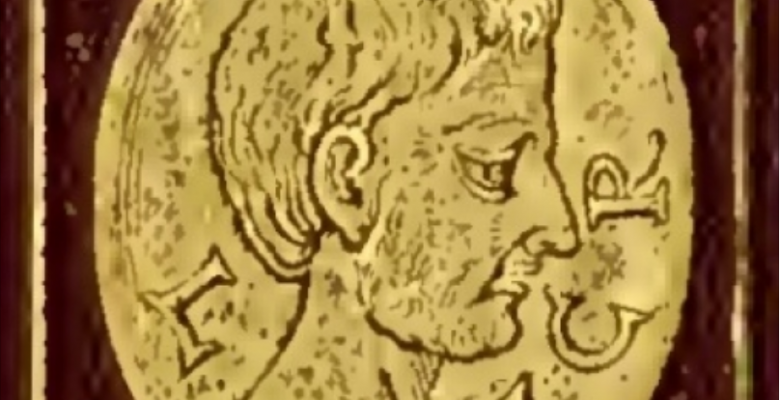Lucretius Today Podcast Episode 204 Is Now Available
Welcome to Episode 204 of Lucretius Today. This is a podcast dedicated to the poet Lucretius, who wrote “On The Nature of Things,” the only complete presentation of Epicurean philosophy left to us from the ancient world. Each week we walk you through the Epicurean texts, and we discuss how Epicurean philosophy can apply to you today. If you find the Epicurean worldview attractive, we invite you to join us in the study of Epicurus at EpicureanFriends.com, where you will find a discussion thread for each of our podcast episodes and many other topics.
This week we continue our discussion of Book Two of Cicero’s On Ends, which is largely devoted Cicero’s attack on Epicurean Philosophy. This week we move on through Section XIII, starting roughly here:
… Well, this is directed against Aristippus, who accounts that pleasure which all of us alone call pleasure, to be not only the highest but the only form of pleasure; while your school holds different doctrine. But he, as I have said, is in fault; since neither the shape of the human body nor reason, preeminent among man’s mental endowments, gives any indication that man came into existence for the sole purpose of enjoying pleasures. Nor indeed must we listen to Hieronymus, whose supreme good is the same as that on which your school sometimes or rather very often insists, absence of pain. For if pain is an evil it does not follow that to be free from that evil suffices to produce the life of happiness. Let Ennius rather speak thus: he has a vast amount of good who has no ill; let us estimate happiness not by the banishment of evil, but by the acquisition of good, and let us not seek this in inactivity, whether of a joyous kind, like that of Aristippus, or marked by absence of pain, like that of our philosopher, but in action of some sort and reflection. Now these arguments may be advanced in the same form against the Carneadean view of the supreme good, though he proposed it not so much with the purpose of securing approval as with the intention of combating the Stoics, against whom he waged war; his supreme good is however of such a nature that when joined to virtue it seems likely to exert influence and to furnish forth abundantly the life of happiness, with which subject our whole inquiry is concerned. Those indeed who join to virtue either pleasure, the thing of all others which virtue holds in least esteem, or the absence of pain, which though it is unassociated with evil, still is not the supreme good, make an addition which is not very plausible, yet I do not understand why they should carry out the idea in such a niggardly and narrow manner. For, as though they had to pay for anything which they join with virtue, they in the first place unite with her the cheapest articles, next they would rather add things singly than combine with morality all those objects to which nature had primarily given her sanction. And because these objects were held worthless by Pyrrho and Aristo, so that they said there was absolutely no distinction of value between the best possible health and the most serious illness, people have quite rightly ceased long ago to argue against these philosophers. For by determining that on virtue alone everything so entirely depends, that they robbed her of free selection from among these objects, and allowed her neither starting point nor foothold, they abolished that very virtue of which they were enamoured. Erillus again by assigning all importance to know- ledge, kept in view a single kind of good, but not the best kind nor one by whose aid life can possibly be steered. So he too was long ago cast into oblivion, for since the time of Chrysippus there have certainly been no discussions about him.

